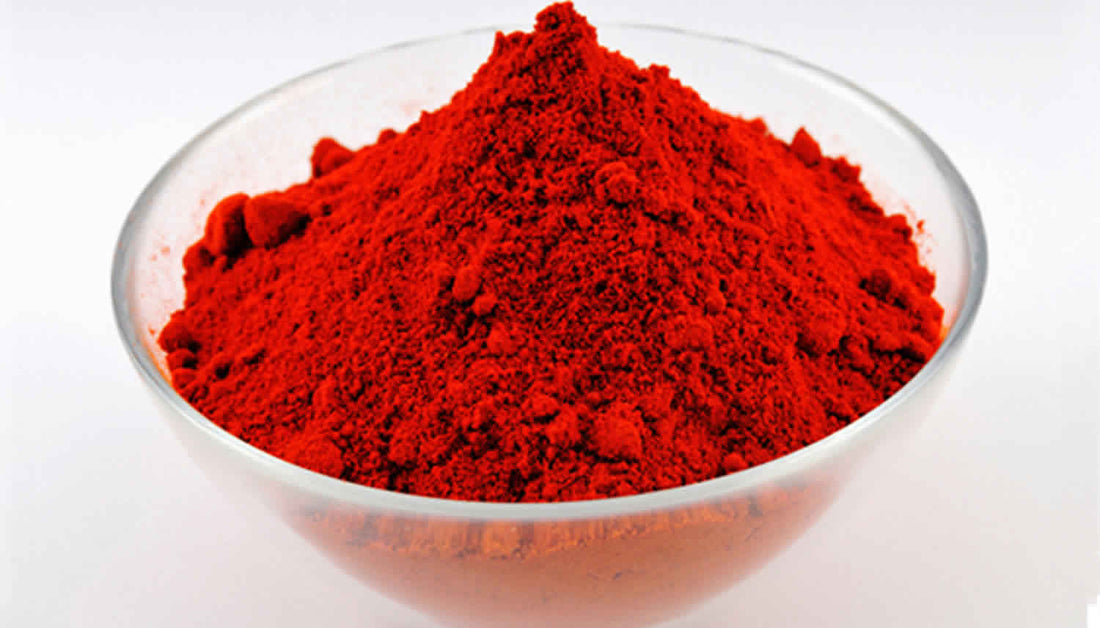As more and more people embrace a vegan lifestyle, the demand for ethical and cruelty-free products has skyrocketed. While many cosmetic brands are now offering vegan alternatives, it's important for consumers to be aware of certain ingredients commonly found in cosmetics that may not align with their vegan values. In this blog post, we will shed light on three cosmetic ingredients that are not vegan, so you can make informed choices when it comes to beauty products.
1. Carmine:
Carmine, also known as cochineal extract or natural red 4, is a vibrant red colorant widely used in cosmetics, especially in lipsticks, blushes, and eyeshadows. However, this ingredient is derived from crushed female cochineal insects. These insects are harvested and dried to extract the carmine pigment, which raises ethical concerns for vegans and those who oppose animal exploitation.
While carmine is a natural and widely used ingredient in the cosmetic industry, it is crucial to check product labels and look for alternatives such as plant-based colorants like beetroot or synthetic dyes that offer the same vibrant hues without the use of animal-derived ingredients.
2. Squalene:
Squalene is a popular ingredient found in many skincare and cosmetic products due to its excellent moisturizing properties. Traditionally sourced from shark liver oil, this ingredient has become a point of contention for vegans and environmentally conscious consumers.
However, it's important to note that there is a plant based alternative that is derived from sources such as olives, rice bran, and wheat germ. This ingredient is called squaLANe Note, the “LAN rather than “ LEN”.
I remember the difference by likening the LAN with the same letters in the word “plant”. When shopping for cosmetics, look for products labeled with "plant-derived squaLANe ensuring you are choosing a vegan-friendly alternative that supports sustainability and marine conservation efforts.
3. Lanolin:
Lanolin, a waxy substance derived from sheep's wool, is often used in skincare and cosmetics for its moisturising and emollient properties. While it may seem like a harmless ingredient, it is not vegan-friendly as it is derived from animals.
Fortunately, there are numerous vegan alternatives to lanolin available, such as plant-based oils like coconut, jojoba, and shea butter. These alternatives provide similar moisturising benefits without causing harm to animals, allowing you to maintain your vegan principles while still enjoying quality skincare and cosmetics.
Conclusion:
Choosing vegan cosmetics is not just about avoiding animal-derived ingredients; it is also about making a conscious effort to support ethical and cruelty-free practices. By being aware of ingredients such as carmine, squalene, and lanolin, you can make informed choices and opt for vegan alternatives that align with your values.
Remember, reading product labels, researching brands that prioritise vegan values, and exploring cruelty-free certifications can help you navigate the cosmetics aisle confidently. By making conscious purchasing decisions, you can contribute to the growing demand for vegan products and encourage the beauty industry to embrace more ethical and sustainable practices.

